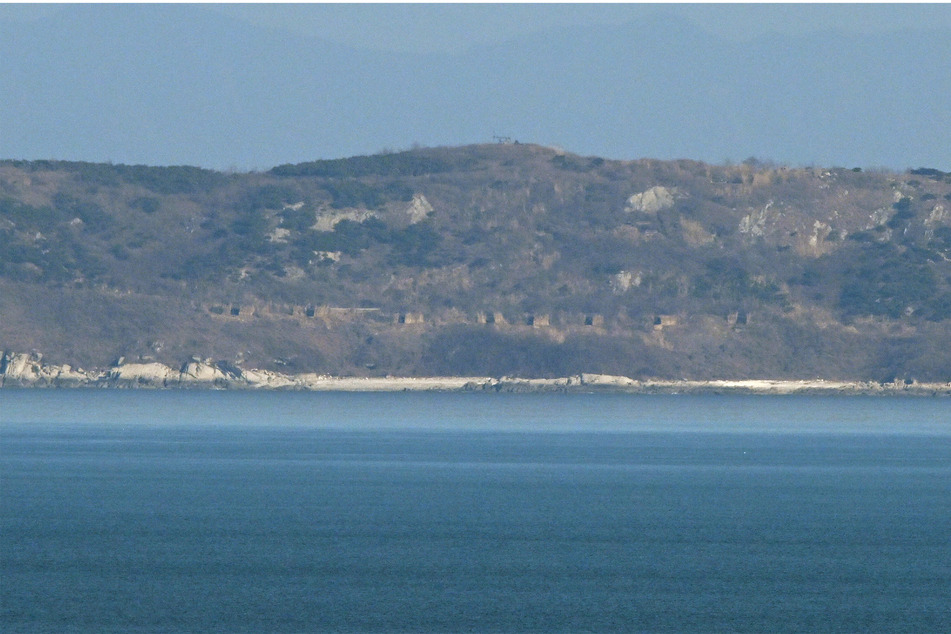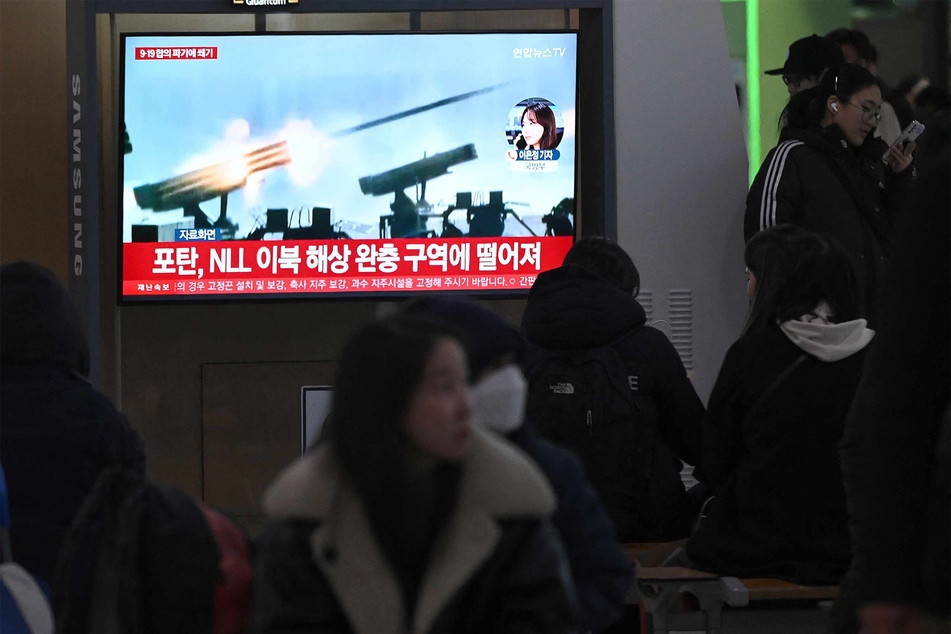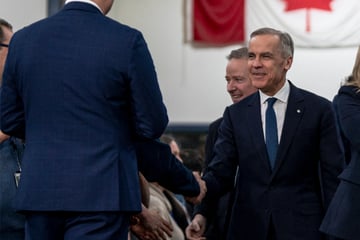North Korea fires 60 rounds near South Korea island in fiery ramp up
Seoul, South Korea - North Korea's military fired over 60 artillery rounds near Yeonpyeong Island on Saturday, Seoul's military said, a day after both sides staged live-fire drills in the same area near their contested maritime border.

"North Korean forces conducted artillery fire with over 60 rounds" northwest of Yeonpyeong Island on Saturday afternoon, Seoul's Joint Chiefs of Staff said in a statement.
On Friday, North Korea fired more than 200 rounds of artillery shells near Yeonpyeong and Baengnyeong, two sparsely populated islands situated just south of a defacto maritime border between the two sides.
Residents of the two islands were ordered to evacuate to shelters and ferries were suspended during one of the most serious military escalations on the peninsula since Pyongyang fired shells at one of the islands in 2010.
Both Friday and Saturday, North Korea's shells landed in a buffer zone created under a 2018 tension-reducing deal, which fell apart in November after the North launched a spy satellite.
Seoul's military said Saturday that "the repeated artillery fire within the prohibited hostile act zone by North Korea poses a threat to the peace on the Korean Peninsula and escalates tensions".
"North Korea, following its claim of the complete nullification of the 'September 19 Military Agreement', continues to threaten our citizens with ongoing artillery fire within the prohibited hostile act zone," the JCS said, referring to the 2018 deal.
"In response, our military will take appropriate measures," it said.
What is happening between North Korea and South Korea?

North Korea said Friday that its live-fire drills had not even had "an indirect effect" on the border islands.
Yeonpyeong, which has around 2,000 residents, is about 70 miles west of Seoul. Baengnyeong, with a population of 4,900, is about 130 miles west of Seoul.
In November, Seoul partially suspended the 2018 military accord to protest Pyongyang's putting a spy satellite into orbit. North Korea then scrapped the deal completely.
In 2010, in response to a South Korean live-fire drill near the sea border, North Korea bombarded Yeonpyeong Island, killing four South Koreans – two soldiers and two civilians.
South Korea returned fire in an exchange that lasted more than an hour, as the two sides traded more than 200 shells, sparking brief fears of a full-fledged war.
Relations between the two Koreas are at one of their lowest points in decades, after the North's leader Kim Jong Un enshrined the country's status as a nuclear power into the constitution while test-firing several advanced inter-continental ballistic missiles.
At year-end policy meetings, Kim warned of a nuclear attack on the South and called for a build-up of the country's military arsenal, warning that conflict could "break out any time".
On Friday, KCNA said Kim called for the ramping-up of missile launcher production "given the prevailing grave situation that requires the country to be more firmly prepared for a military showdown with the enemy".
His comments came after the White House accused North Korea of providing Russia with ballistic missiles and missile launchers that were used in recent attacks on Ukraine. Washington has called this an escalation of Pyongyang's support for Moscow.
The two Koreas remain technically at war because the 1950-53 conflict ended in an armistice, not a treaty, and most of the border between them is heavily fortified, with their contested maritime border never officially delineated.
Cover photo: Jung Yeon-je / AFP

